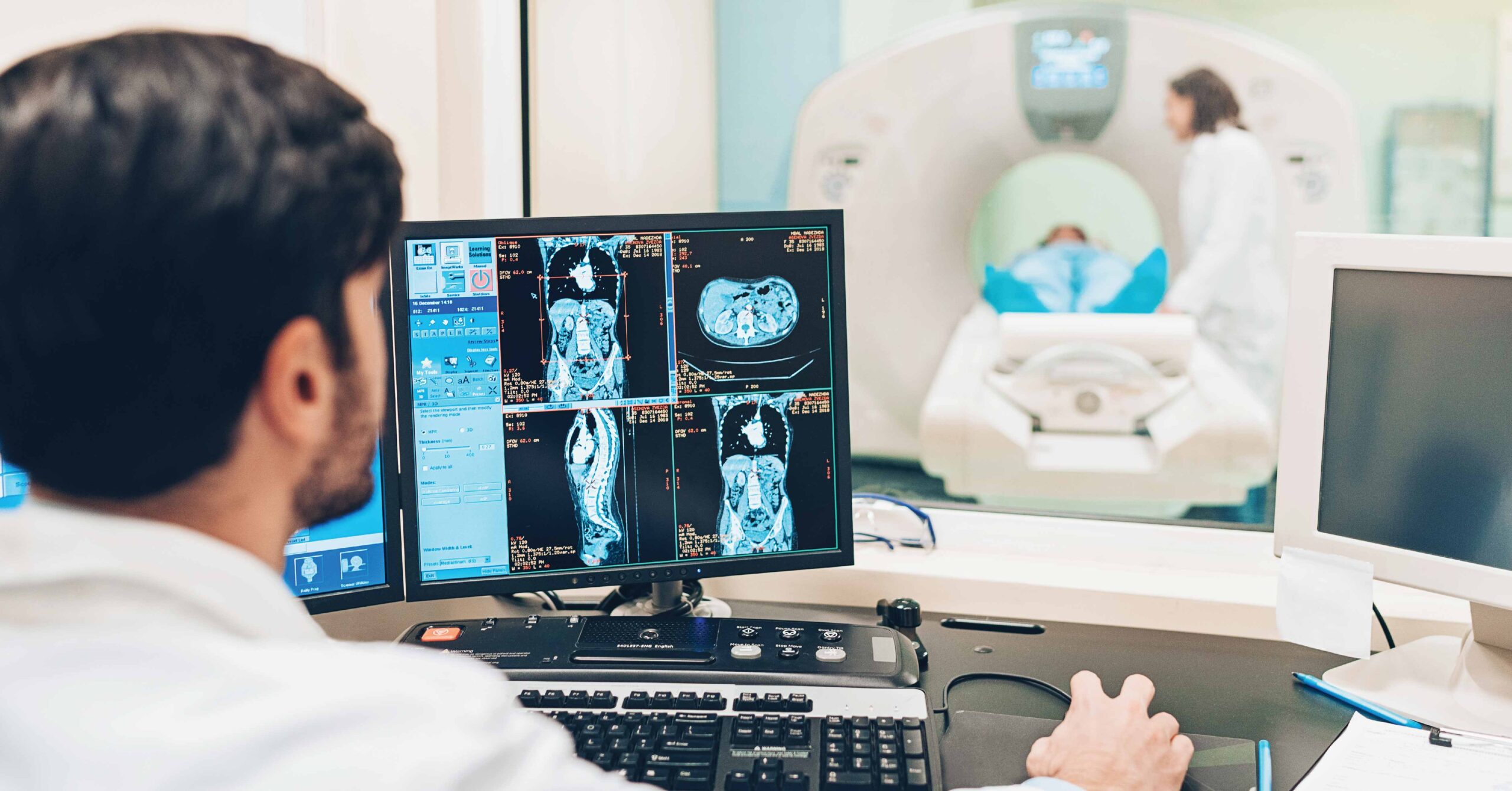
Ensuring electricity supply and continuity of critical operations in hospitals
Hospitals play a critical role in providing essential medical care to the community. In today’s electricity-dependent world, it is extremely important to make sure that all equipment works as they are supposed to in order to protect the facilities, staff, and patients from malfunctions and life-threatening situations.
The many electronic devices and machines in hospitals
Energy consumption in hospitals can be high. This is due to the number of various medical and non-medical equipment installed in the building.
General hospital equipment include for example monitors, analyzers, and therapeutic devices. These devices do not necessarily use too much energy at once, however, there is usually a greater quantity of them in many rooms throughout a hospital. Large and more expensive machines, like Magnetic Resonance Imaging (MRI), Computer Tomography (CT), and X-ray are mainly located in separate rooms and need to be connected to water and air-cooling devices as well as the hospital’s electricity network.
In addition, there is high-power lighting in operating rooms, air exchange and filtration, washing machines, decontaminators, fume cupboards, safety cabinets, and many more. These all add to the electric load a hospital must bear every day.
Backup power and its regulations
Electrical installations and backup power in hospital facilities have been defined by SFS-6000-7-710 regulations in Finland. Depending on the equipment, hospitals require backup power solutions with a turn-on time of less than 0,5 seconds or less than 15 seconds. Typically, generators are used as backup power for longer outage times and battery energy storages or conventional Uninterruptible Power Systems (UPS) for less than 0,5 seconds.
Supporting hospitals with battery energy storage systems
Both ultracapacitors and energy storages can be used in hospital backup power applications for storing energy. The ultracapacitor solution has sufficient energy when the generator by itself meets the 15-second start-up time requirement. In this case, the 15-second standby power can be changed to meet the 0.5-second requirement.
If lithium-ion battery energy storages are used for storing energy, the 0.5-second requirement can be achieved with any type of generator.
Merus® Battery Energy Storage System — More than just a simple backup power source
Our Merus® Battery Energy Storage System (ESS) is a lithium-ion battery energy storage. It ensures continuous power supply, makes sure that network protection works, and has extremely fast response time and high-quality electricity. With its easy configurability and key functions such as peak shaving, black start ability, voltage, and frequency control, and power quality compliance, Merus® ESS is much more than just a passive backup power source for its users.Merus® ESS can be used to bring the hospital network to comply with a turn-on time of fewer than 0.5 seconds. It operates alongside the generator and provides backup power when the generators start. This way other functions can be implemented as well, such as bridging the facility to the frequency containment reserve markets (FCR/FFR). This not only improves the return on investment and shortens the payback time but also creates a brand-new source of revenue for the users.
This function can be implemented when the state of the external power supply is stable and there is no need for reserve power. In the event of a power failure, the energy storage automatically switches to reserve power. Auxiliary functions are carefully dimensioned, and the system always operates in such a way that there is enough energy to act as a backup if needed.
Merus® ESS also allows smooth integration and efficient use of renewable energy. This gives hospitals the opportunity to switch from traditional energy sources to more modern ones, thus significantly reducing energy costs and lowering the environmental impacts of their actions. Although the initial investment costs of renewable energy can be high, the cost of operation is much lower once everything is installed and ready to use.
In addition to these above-mentioned functions and benefits, our Merus® ESS has a smaller footprint compared to most Uninterruptible Power Systems (UPS) with the same capacity.

Mikko Marttala
Director,
System Deliveries and Services